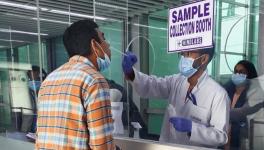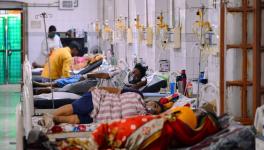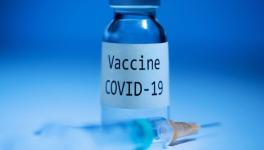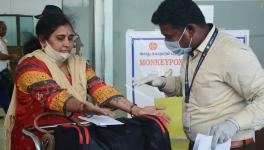Most Clinical Trials for COVID-19 Are Disorganised, Says Report
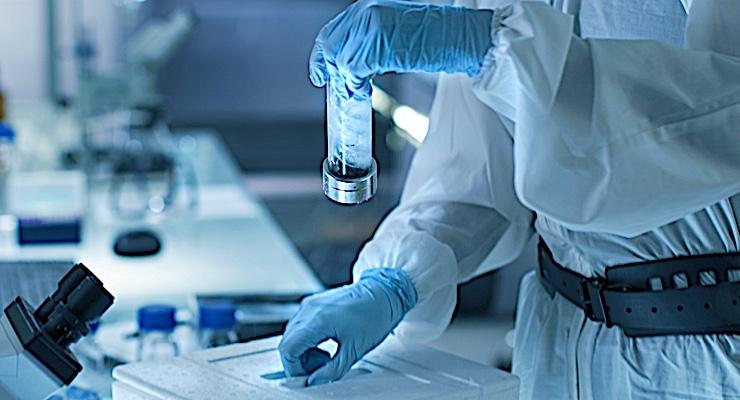
The clinical trials aimed at testing treatment and prevention strategies against COVID-19 are marked by disorder and disorganisation, according to a report published by STAT. An analysis of the staggering 1,200 clinical trials that have been taking place since the beginning of the current year was conducted by STAT in partnership with Applied XL, a Newlab Venture Studio company, in which it was found that one in every six trials was designed to study the malaria drugs hydroxychloroquine or chloroquine, which have been shown to have no benefit in hospitalised patients.
The analysis found that many of the studies are so small—39% are enrolling or plan to enroll fewer than 100 patients—that they are unlikely to yield clear results. About 38% of the clinical studies have not even actually begun enrolling patients. “It’s a huge amount of wasted effort and wasted energy when actually a bit of coordination and collaboration could go a long way and answer a few questions,” Martin Landray, a professor of medicine at Oxford University and one of the lead researchers on the RECOVERY study, a large trial of multiple treatments being run by the U.K. government, told STAT.
According to the report, 2,37,000 patient volunteers were to be enrolled in studies of hydroxychloroquine or chloroquine, which is 35% of the 6,85,000 patient volunteers whom researchers hoped would be enrolled in any study. The report pointed out that since patients willing to enter studies are one of the scarcest resources in medicine, this means that other potential treatments, such as ivermectin or favipiravir, were not studied.
As the pandemic started spreading, new studies were started at a remarkable speed. The report said, “Experts said the start of some small studies, particularly of new, experimental drugs that were previously being tested in other diseases, makes sense as a way of figuring out what might work. But such “phase 1” studies represented only 12% of the total in the analysis.” America’s research infrastructure mobilised quickly when the pandemic began. According to the STAT analysis, in January, 10 studies were to be started, followed by 43 in February and 99 in March. In April, almost 400 studies for dozens of different treatments and preventatives were to begin, according to the clinicaltrials.gov, the US government database.
The STAT report pointed out that experts have said that because the prognosis for patients with COVID-19 varies so dramatically—some patients have no symptoms, while others die on ventilators—only large studies that randomly assign patients to a treatment or placebo can deliver real insight into whether or not medicines are actually helping patients. Otherwise, researchers are fooled into thinking that differences between groups of patients with varying degrees of illness are caused by the medicines they are testing.
Clinical trials can routinely cost $10 million or more, with some studies costing hundreds of millions of dollars. Of the 1,200 studies that have been conducted since the beginning of this year, almost all the certain knowledge — and the proof that two treatments are effective — has come from two: RECOVERY and a study conducted by the U.S. National Institutes of Health that showed Gilead’s intravenous drug Remdesivir speeds the time it takes for hospitalised patients to recover from COVID-19.
Data collected by AppliedXL and STAT show that researchers had very little interest in studying dexamethasone, the only medicine that has been proven to save the lives of COVID-19 patients. There have been seven studies of the drug in total, enrolling 13,600 patients, 12,000 of whom were in the RECOVERY study. Two other steroid drugs, prednisone and methylprednisolone, are being studied in another 2,500 patients.
On Saturday, July 4, the World Health Organisation (WHO) said that its own large study had found no benefit for either hydroxychloroquine or lopinavir-ritonavir. It’s still possible that one of the ongoing studies of hydroxychloroquine will show a benefit, perhaps earlier in the disease, the report said.
Also Read: Covid-19: Dexamethasone Provides Some Hope for Severely ill
Get the latest reports & analysis with people's perspective on Protests, movements & deep analytical videos, discussions of the current affairs in your Telegram app. Subscribe to NewsClick's Telegram channel & get Real-Time updates on stories, as they get published on our website.










